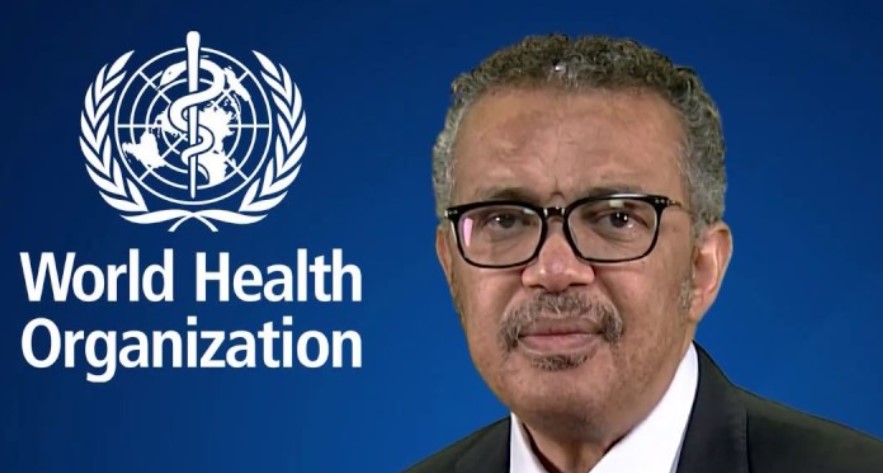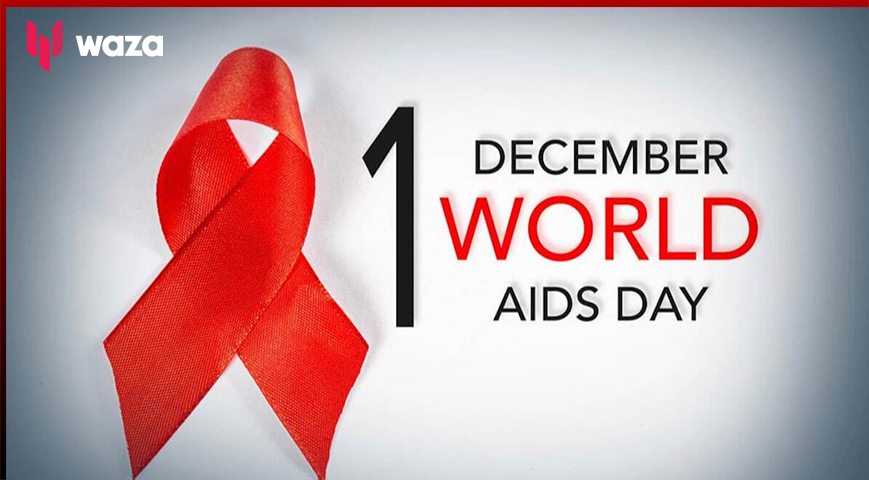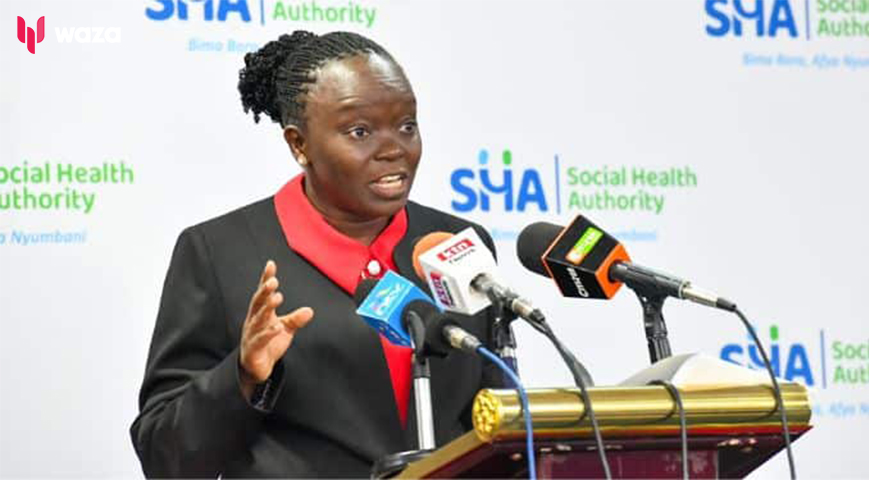The World Health Organization (WHO) is giving a glimmer of hope and courage that most health pandemics and outbreaks emergencies will be declared over at different points during the year 2023.
WHO’s Director-General Tedros Ghebreyesus said that people globally have experienced numerous challenges in the health sector in 2022.
He noted that there are still many reasons to remain hopeful as the world collectively fights the spontaneous pandemics as the year draws closer to an end.
Speaking during a virtual media briefing on December 31, Terdos said that some of the key pandemics and outbreaks he highlighted are the third year of the COVID-19 pandemic, a global outbreak of monkeypox, an Ebola outbreak in Uganda, and wars in Ethiopia and Ukraine.
Cholera outbreaks in multiple countries, drought and flooding in the greater Horn of Africa and the Sahel, flooding in Pakistan, and numerous other health emergencies.
“We are hopeful that each of these emergencies will be declared over at different points next year. That’s not to mention the multiple other threats to health that people face year in, and year out, in the air they breathe, the products they consume, the conditions in which they live and work, and in their lack of access to essential health services,” he said.
Further, Dr Tedros noted that the COVID-19 pandemic has greatly declined this year, the global monkeypox outbreak is waning, and there have been no cases of Ebola in Uganda for more than three weeks.
“Certainly, we are in a much better place with the pandemic than we were a year ago, when we were in the early stages of the Omicron wave, with rapidly increasing cases and deaths. But since the peak at the end of January, the number of weekly reported COVID-19 deaths has dropped almost 90 per cent,” he added.
However, Tedros raised his concern that there still exist too many uncertainties and gaps for us to say the pandemic is over conclusively.
These gaps are in surveillance, testing and sequencing, which brings out a lack of better understanding of how the virus is changing.
Pointedly, gaps experienced in vaccination mean that millions of people, mostly health workers and older people, will remain at higher risk of contracting and succumbing to severe diseases.
Additionally, Dr Tedros said that gaps in treatment mean that people will continue to die needlessly, and gaps in health systems leave them unable to cope with surges in patients with COVID-19, flu and other diseases.
Gaps in our understanding of post-COVID-19 conditions mean we do not understand how best to treat people suffering from the long-term consequences of infection.
And notably, gaps in our understanding of how this pandemic began to compromise our ability to prevent future pandemics.
“As I have said many times before, all hypotheses about the origins of this pandemic remain on the table. At the same time, WHO is very concerned over the evolving situation in China, with increasing reports of severe disease,” Dr.Tedros said.
Furthermore, he advises that in order to make a comprehensive risk assessment of the situation on the ground, WHO needs more detailed information on disease severity, hospital admissions and requirements for ICU support.











